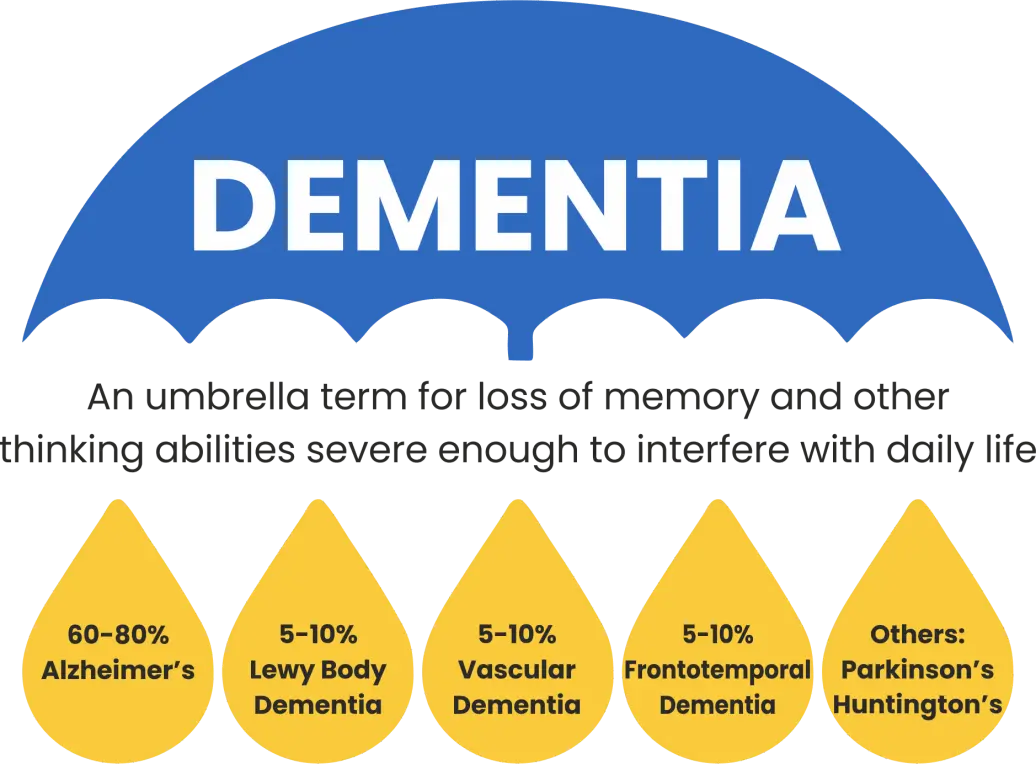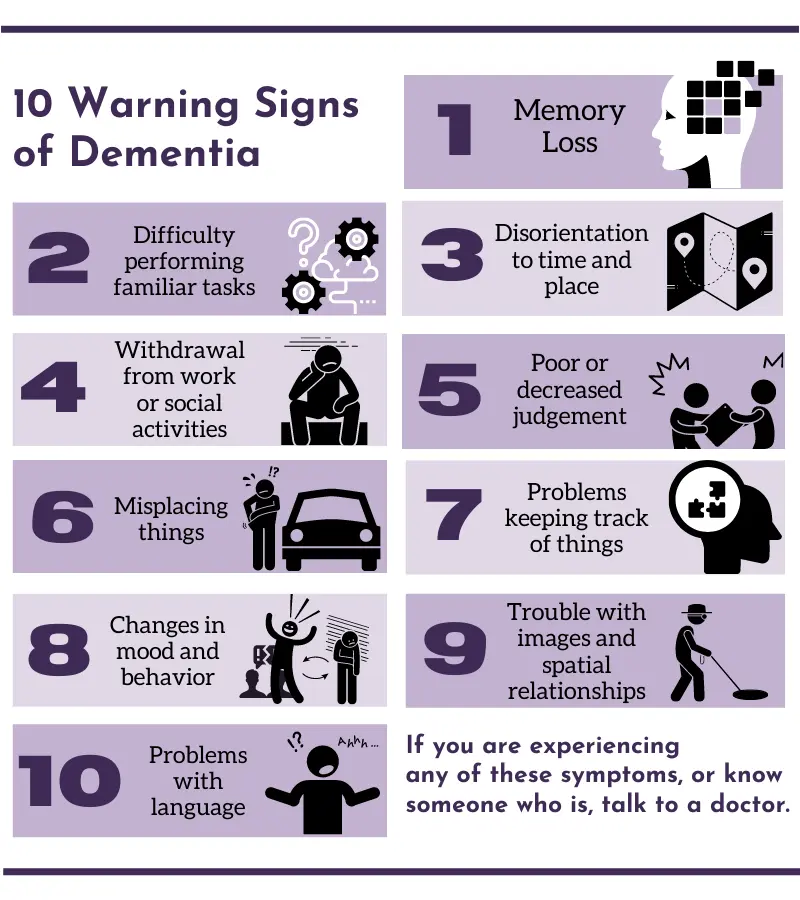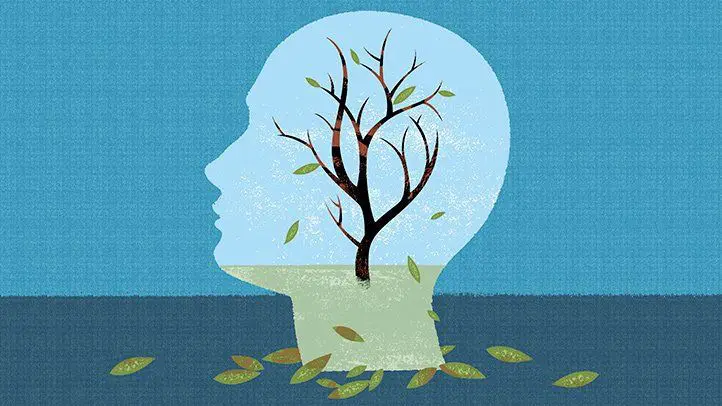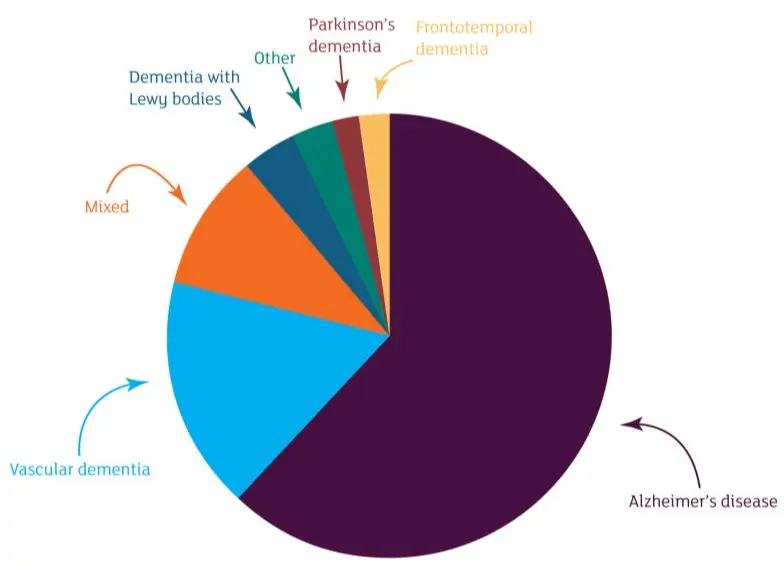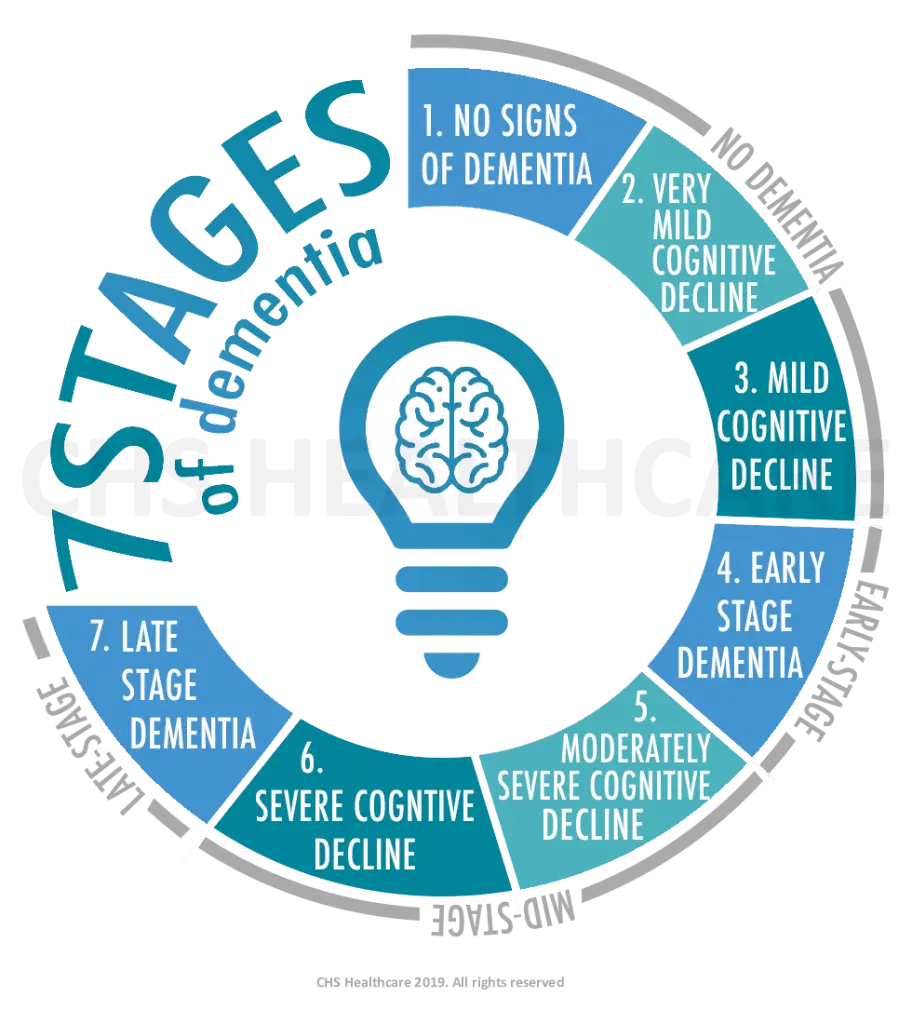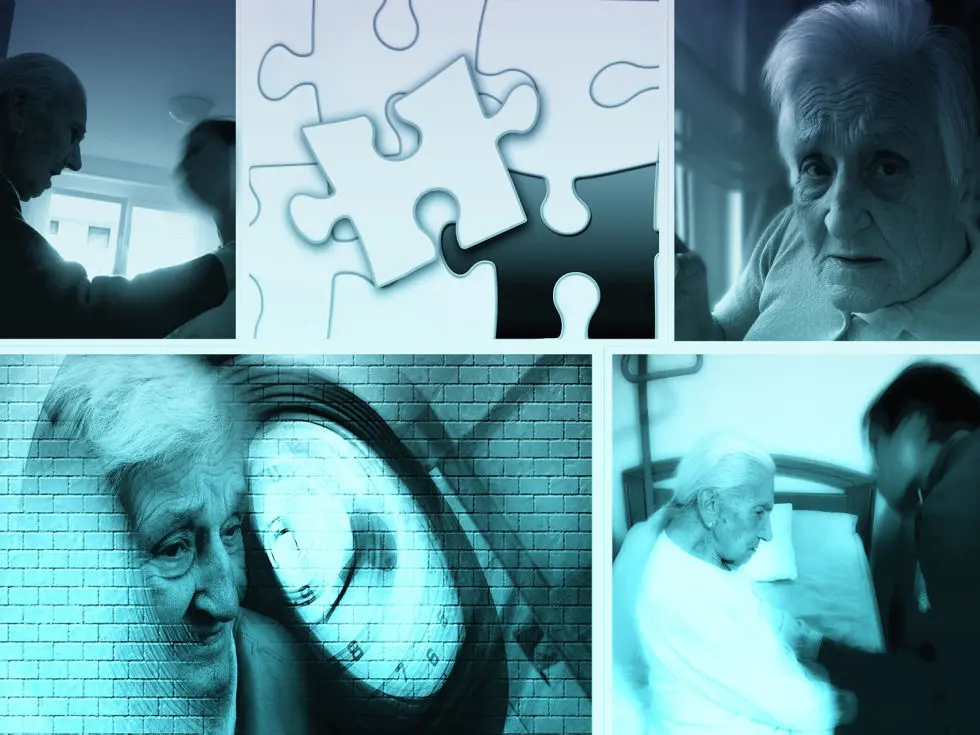Management of Alzheimer's and Dementia
There is no cure for dementia, but early diagnosis and treatment can help slow the progression of the disease and improve quality of life. Treatment may include medication, therapy, and lifestyle changes such as exercise and a healthy diet. Caregivers can also play an important role in supporting people with dementia, by providing emotional support, assistance with daily tasks, and creating a safe and supportive environment. A dementia specialist can help chalk-out a detailed care plan to help in the management.
Current evidence-based treatments that are partially effective are available for most core symptoms of dementia. These treatments are all symptomatic, that is, they can ameliorate a particular symptom, but do not alter the progressive course of the disease. Treatment basically is directed towards the management of the cognitive, behavioural and the ADL symptoms of dementia.
The two broad interventions for management are:
a) Pharmacological Interventions: There are a number of drugs available for the management of dementia however these will have to be administered only under the guidance of a medical practitioner.
b) Psychological Interventions: Research has shown that cognitive stimulation and psychological interventions can provide benefits in the early stages of the disease. In the later stages, they are not of much use for the cognitive symptoms. Interventions can be provided at low cost and have shown an effect on decreasing caregiver strain.
Here are some aspects of care that can be considered while managing care for a loved one with dementia:
Quality of life in dementia care: Refers to the overall well-being and satisfaction of individuals with dementia, as well as their ability to engage in meaningful activities, maintain relationships, and experience positive emotions. It involves not just physical health, but also emotional, social, and spiritual health.
Person-centred care: An approach to dementia care that focuses on the individual's needs, preferences, and goals This approach recognizes that each person with dementia is unique, with their own personality, history, and way of interacting with the world. It also involves taking a holistic approach to care, addressing not just the physical needs of the person with dementia but also their emotional, social, and spiritual needs.
